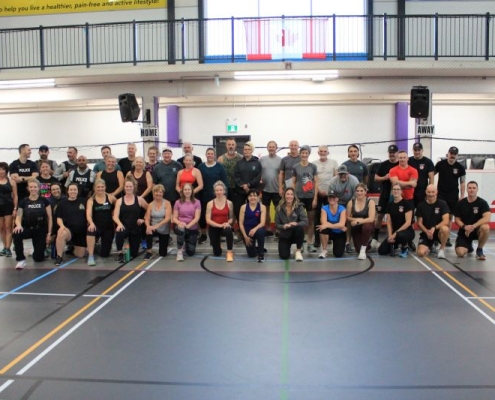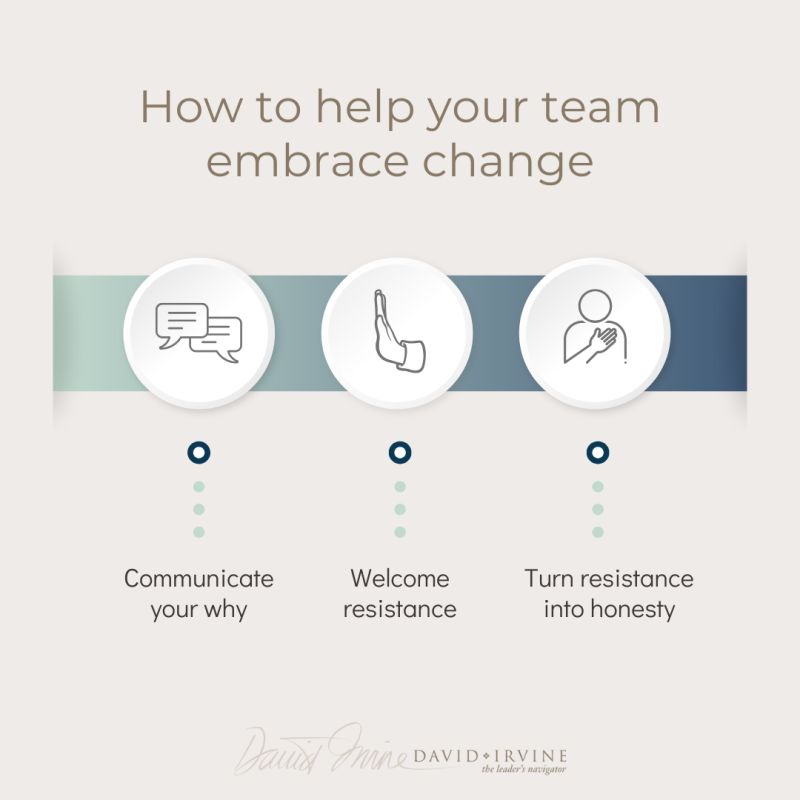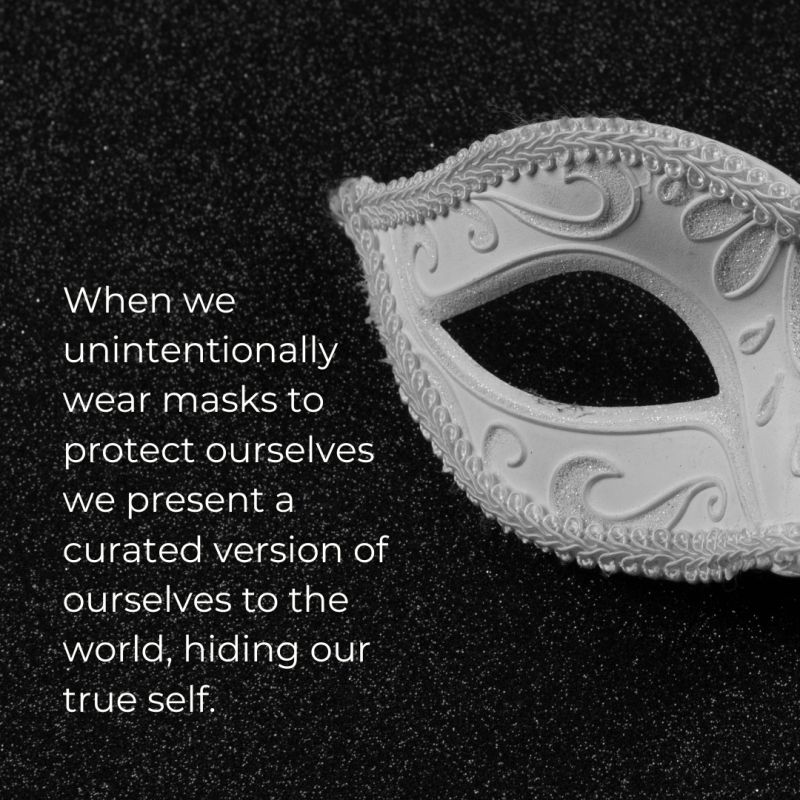One of the most rewarding parts of my business is the quality of the leaders I meet. One of these leaders is Dean Koeller, CEO of Calvert Home Mortgage Investment Corporation. Mentored and encouraged by his father to build an organization that truly cares, it’s inspiring to walk into his workplace. Invigorating and welcoming, you’ll find his team engaged in lively conversations, sharing ideas and laughter. There is a palpable sense of community. This atmosphere not only inspires productivity, it makes employees feel valued and connected to one another, ultimately cultivating a strong sense of belonging within the organization and a commitment to serve their clients and their community in the same way.
When I asked for an example of how he cultivates such an incredible culture, Dean took me into the lunchroom and introduced me to the Calvert Team Bucket List. Every team member is encouraged to post on the board a project they are pursuing – away from work – that matters to them. You see people climbing mountains, preparing for triathlons, traveling to amazing places, going up in balloons, and visiting grandchildren. You learn what challenges people, inspires people, and is important to them. You learn why people come to work. You learn things that many individuals, hidden behind office doors and computer screens, may work together for years and never know.
Three things I learned about leadership from Dean:
- Caring is everything. Dean didn’t do this as a “leadership technique.” Everything Dean does comes from his heart. It’s who he is. Caring is at the core of everything in his organization. He genuinely wants to know people better and the bucket list board is a way to learn about them and celebrate who they are.
- Recognizing what matters to people matters. Creating a space to acknowledge what’s important to your team in a unique and authentic way connects people and transforms a company into a community. And a community is a safe place for people to be who they are and be inspired to bring the best of who they are to what they do.
- What you give will come back to you – multiplied. Whether you’re celebrating what matters or simply taking the time to listen to and value people, your team will give it their all to build a successful organization when they know you’re giving your all to them. Loyalty, trust, and a commitment to service don’t come from expecting. They come from giving.
The Calvert Team Bucket List Board is an example of a unique method for building a caring culture and it goes a long way in creating psychological safety in his organization. Psychological safety is a crucial element for fostering high-performing teams and innovative work environments. People need to feel safe to express their ideas, admit mistakes, and challenge the status quo without fear of negative repercussions. People need to know it’s expected that they will be who they are. Psychological safety abounds in Dean’s organization and his team thrives as a result.







